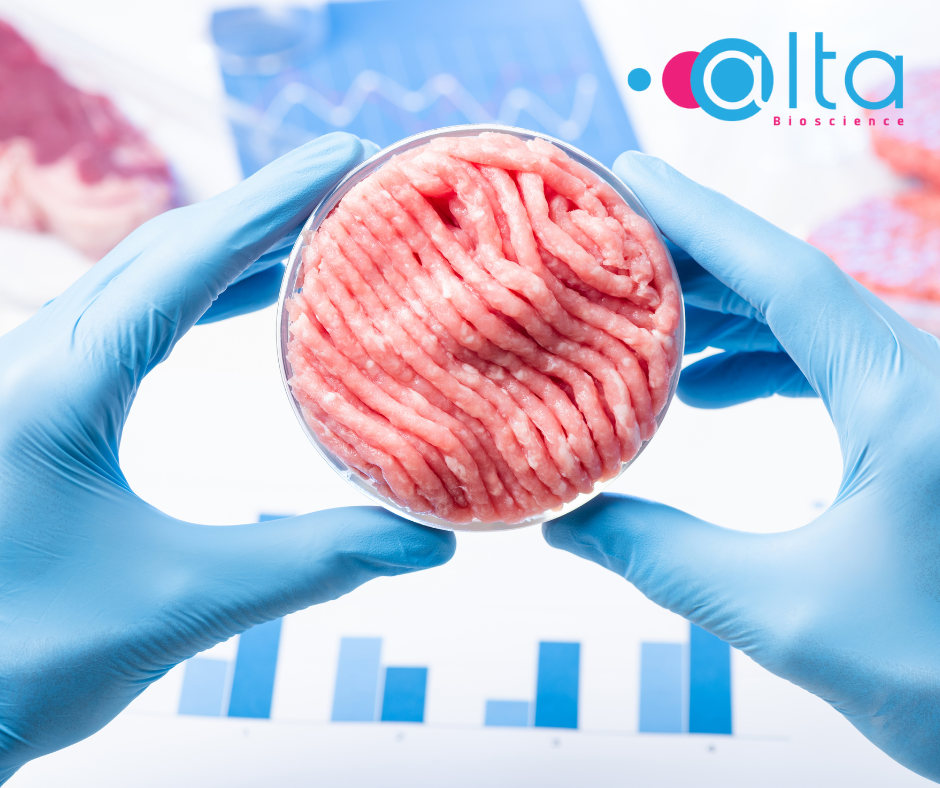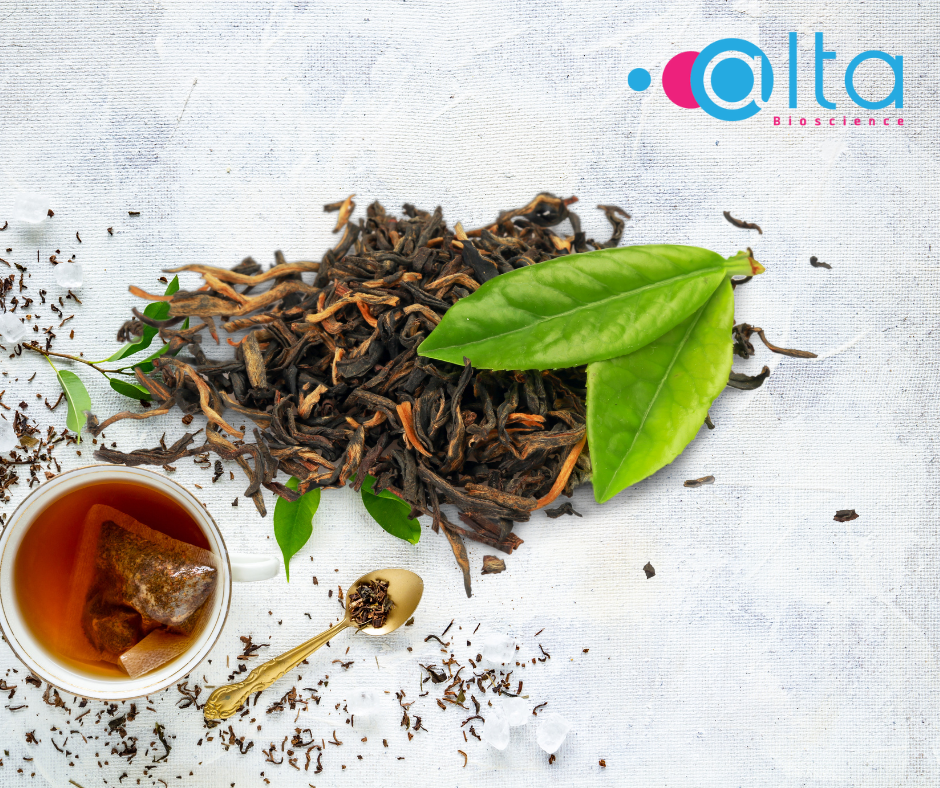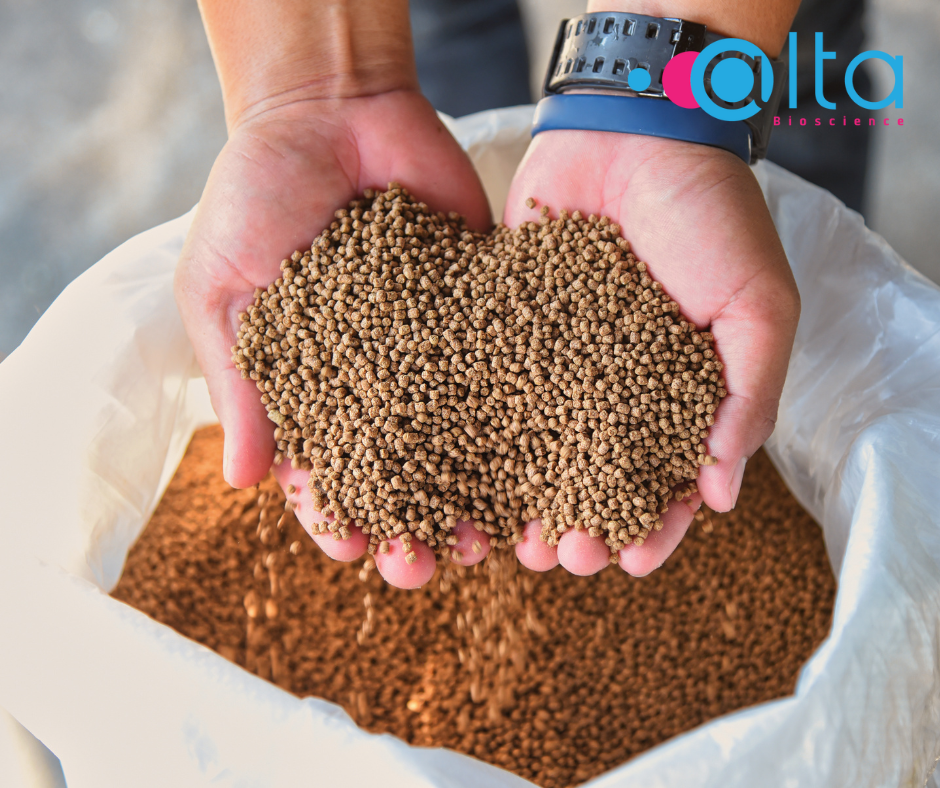Understanding the importance of quality assurance, AltaBioscience strives to maintain the following internationally recognised standards. They demonstrate our ability to consistently provide products and services that meet a customer’s specification, as well as our aim to enhance customer satisfaction by continuously improving our operations.
ISO/IEC 17025:2017 accredited
Technical competence in amino acid analysis and protein sequencing.
ISO/IEC 9001:2015 certification
Quality management system for the company.
Our quality management standards are of particular interest to those who are working in drug development and biotechnology. However, should your specification not require an ISO standard, you will benefit by knowing that the work we carry out on your behalf will conform to good laboratory practice.
We invite clients to visit our laboratories and also welcome quality assurance (QA) audits on their behalf *.
Please contact us to arrange a visit.
Copies of our certificates are available below:
PDF copy of the ISO 9001:2015 certificate
PDF copy of the ISO 17025:2017 certificate
If you have any questions regarding additional quality requirements, please contact our Quality Manager by emailing info@altabioscience.com
*We reserve the right to apply a discretionary charge for external audits.
Latest news

The Role of Amino Acid Analysis in Cultured Meat Production
Amino acid analysis serves as a vital tool in advancing the cultured meat and cellular agriculture industry. Read more in this article.

Assessing Tea Quality Through Theanine Analysis
In this article we look at the health benefits of tea and theanine, and its use in functional foods. Also, discover why theanine analysis is important when assessing the quality of tea and developing new drinks and food products.

Lysine Analysis of Animal Feed
We explore the importance of lysine in diets for the health and performance of animals. We also look at why the quantification of lysine with amino acid analysis can help feed manufacturers develop feed ingredients that are not only optimal for livestock but also kinder to the environment.
